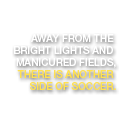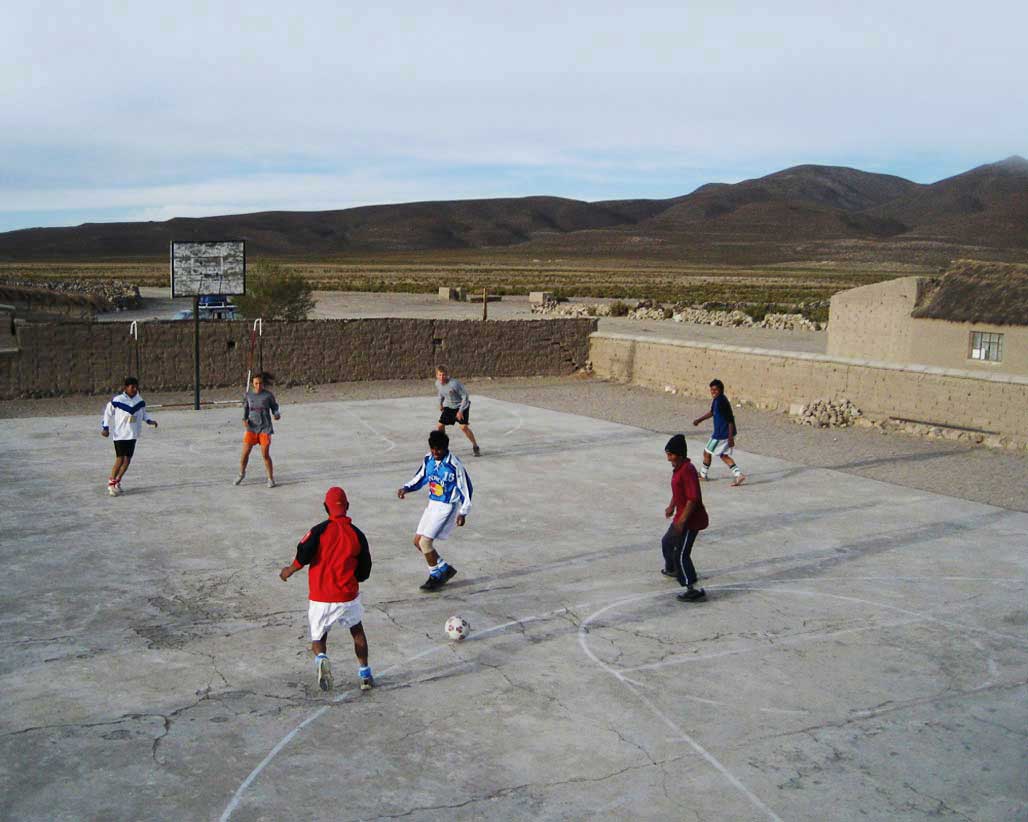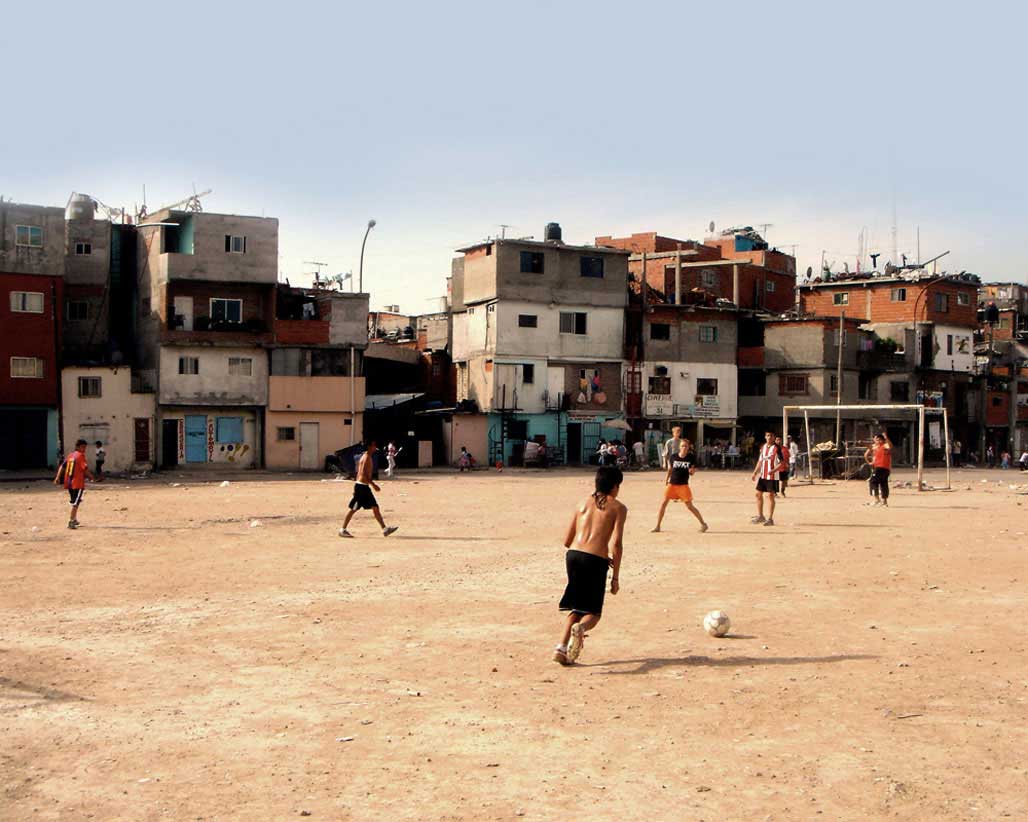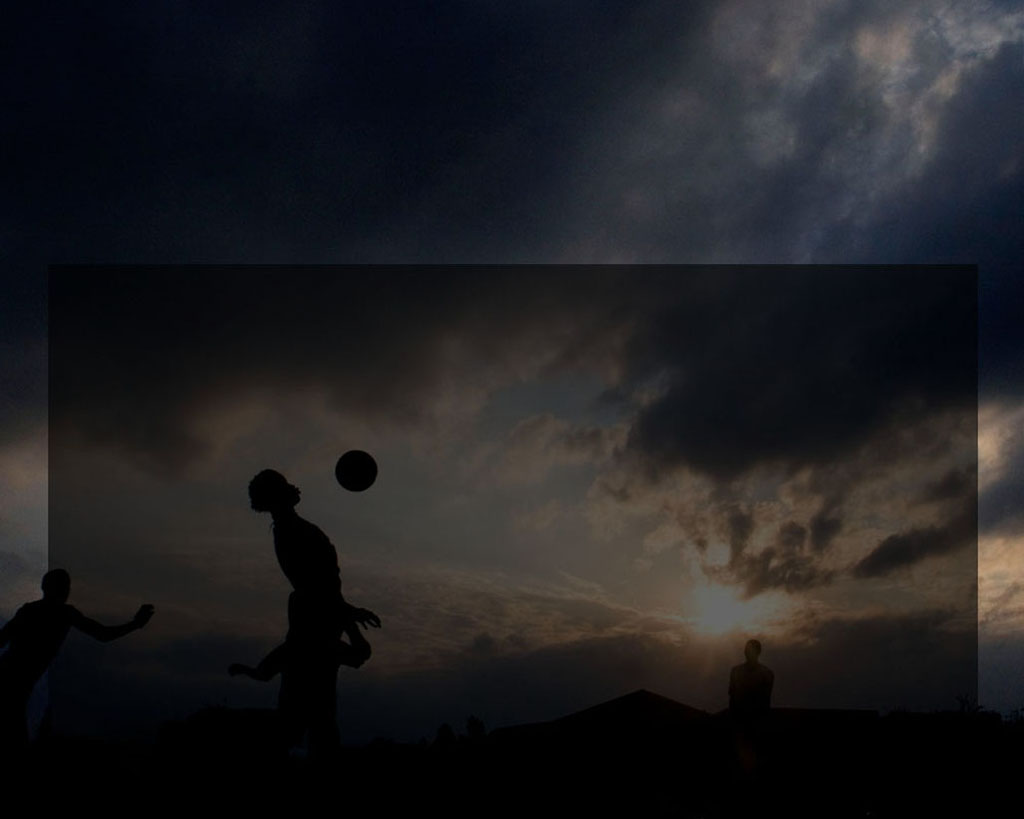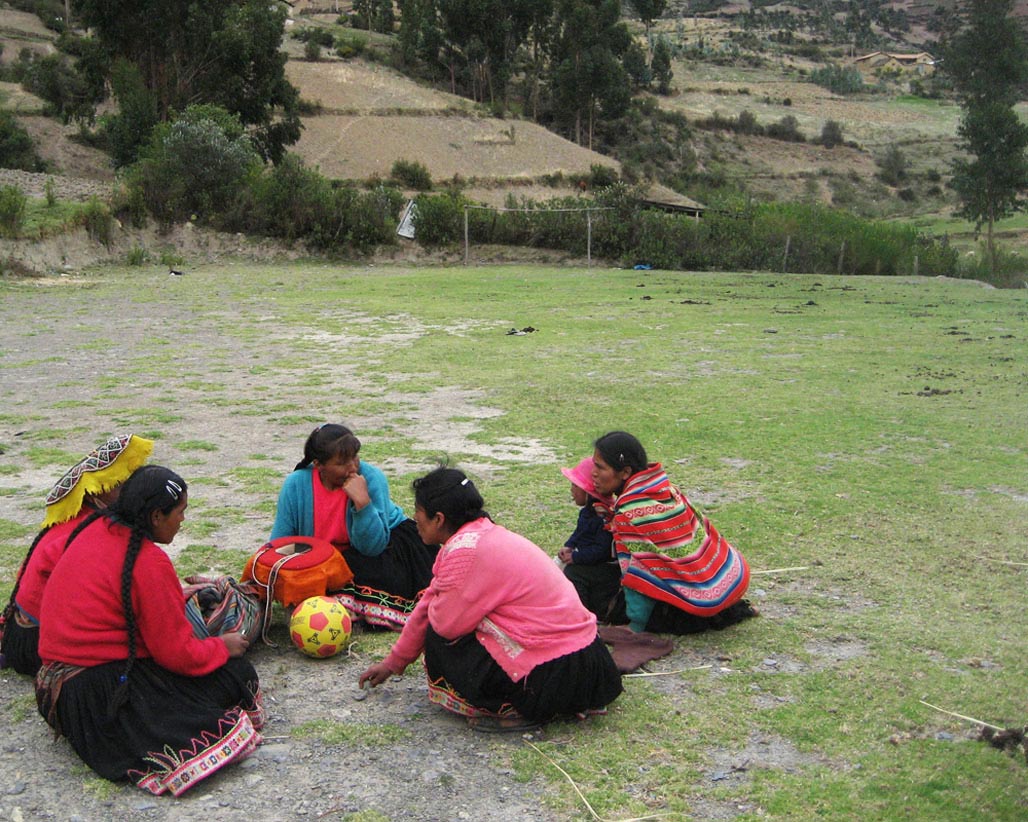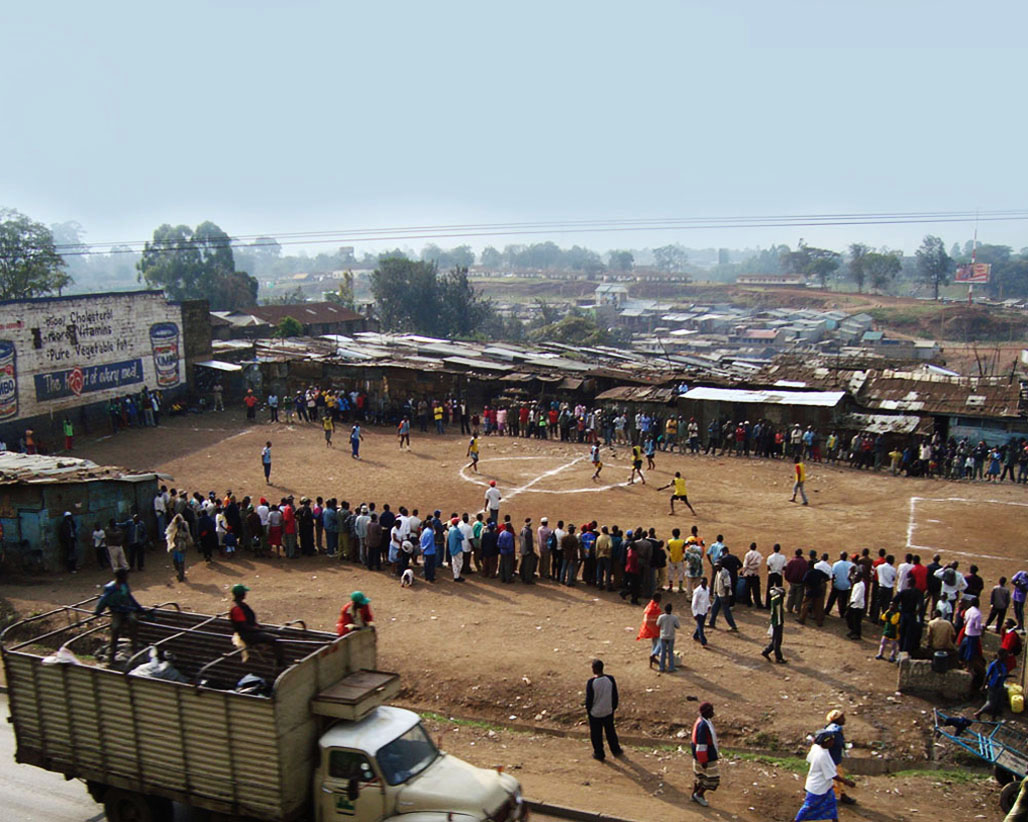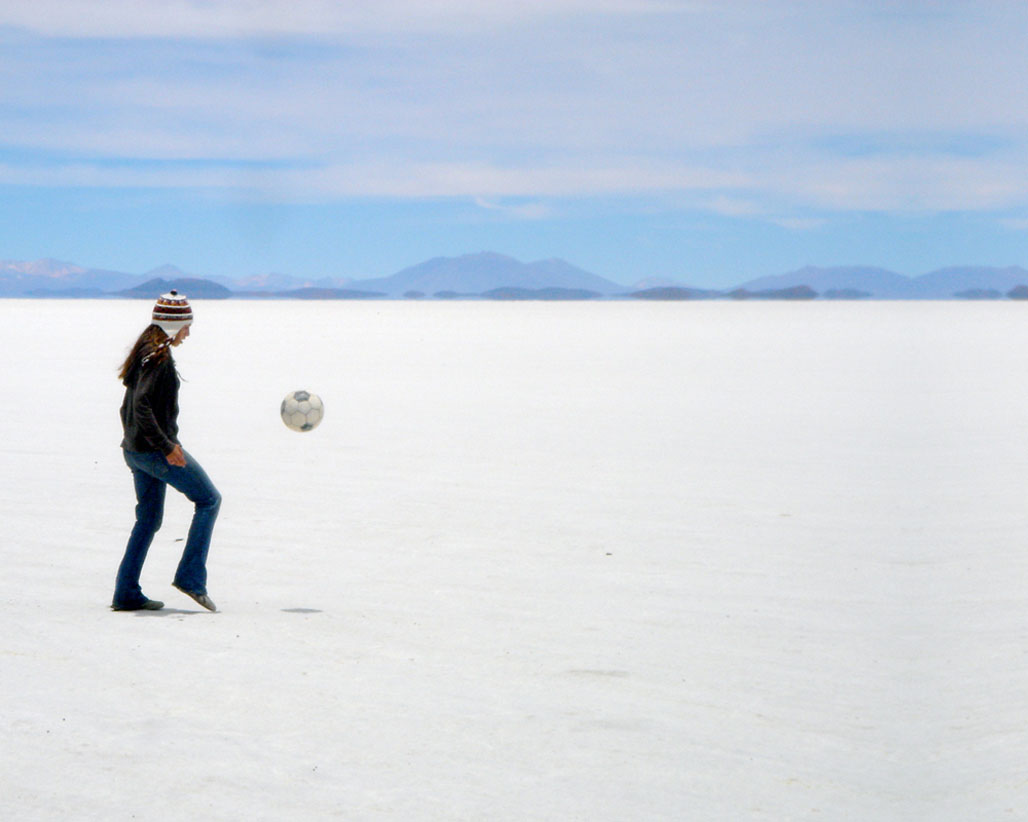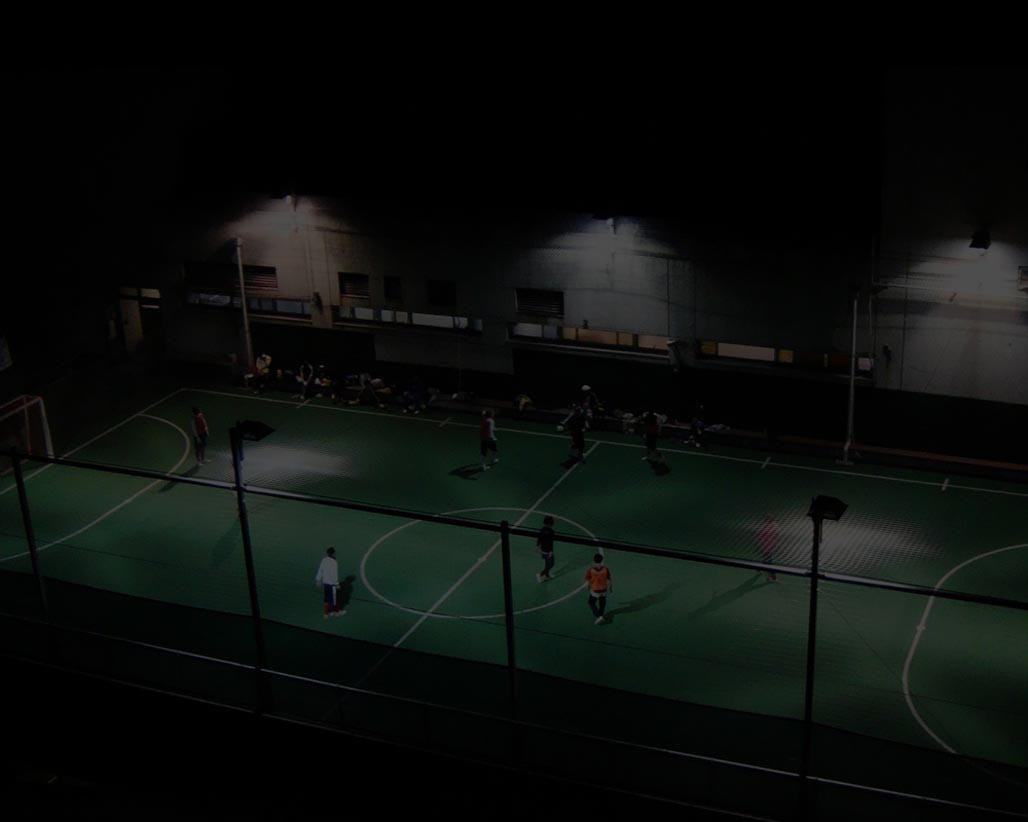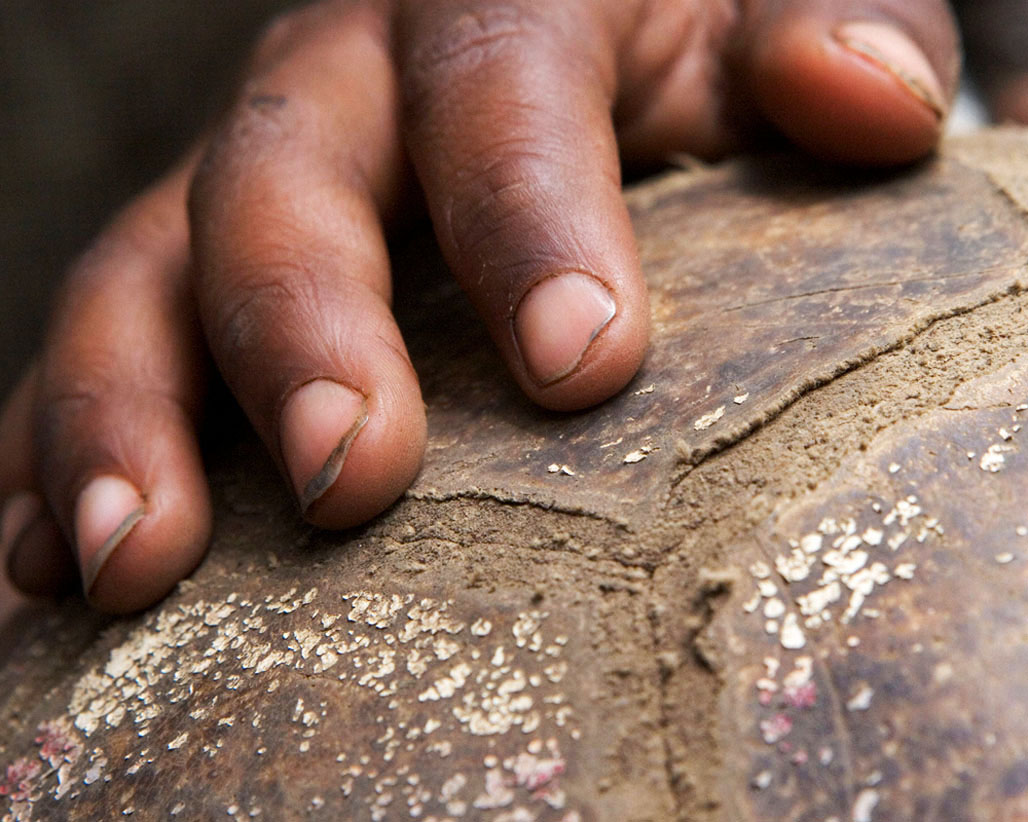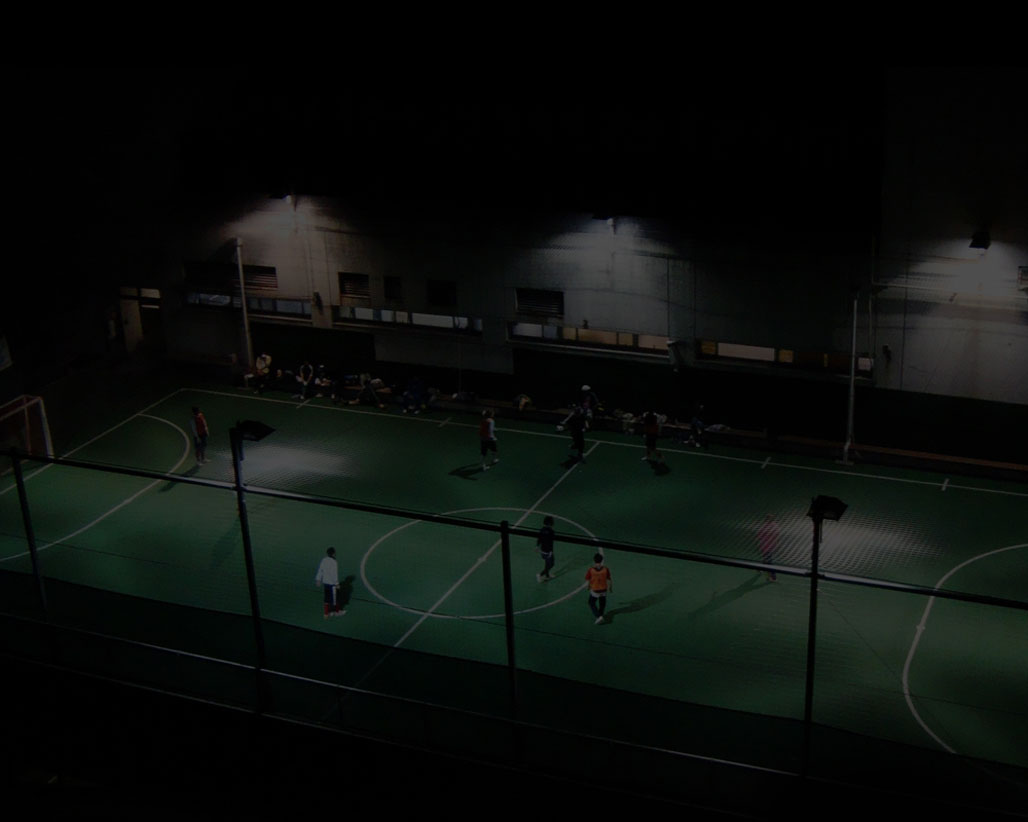This is why we love Buenos Aires: The men hum tunes to themselves as they whisk by us on the sidewalk and the women wear leather high heels in distinctive colors. Bookstores and trees line the sidewalks. There´s the corner bakery where we buy a bag of french baguettes for two pesos and there´s the old cafe where Jorge Luis Borges came to write. When we wake up, we sit on our balcony and drink cafe con leche while watching boys hang out the windows of the school across from our apartment.
This is why we hate Buenos Aires: we get robbed on the Subte (Ryan´s wallet deftly removed from his pocket); the trees spit on us (yellow gunk plopping onto the side of our faces); the bookstores boast of novels in English but only carry Sweet Valley High; and worst of all, we can´t find any futbol.
But it´s only a wallet and not a camera.
And we eventually stumble into a bookstore with shelf upon shelf of English novels (Jack Kerouac´s On the Road, written on the original scroll, a photo series of Hemingway in Africa, plus Charles Bukowski, Gabriel Garcia Marquez, Michael Chabon, and Truman Capote). Gwendolyn and Rebekah, who have not read much since we´ve left the country-studying Spanish and logging footage in any downtime-return to the boys and the apartment with guilty faces and books there won´t be time for.
And, after a few days of showing up to empty fields even though it is the prime soccer hour when work is over and the sun is soft, we learn the way of the portreros…
We are walking down the sidewalk, feeling disheartened, grumpy and ready to expose the giant country that is supposed to be a futbol fiend as the least pick-up oriented country in South America. Then we see a cluster of men wearing shinguards and turf shoes and giving every sign of having been recently engaged in a futbol game. Rebekah asks, ¨Donde esta la cancha?¨ and they sling their thumbs behind them and say ¨Aqui.¨ We look in the direction of their thumbs and see only a restaurant. We look again and see a court hidden behind tables.
Instead of dance floors, Buenos Aires restaurants have futbol courts (except for the tango restaurants, which have both). There are clubs throughout the city and we wander into them. In Club Eros, the court is a checkerboard and the tables in front of it have white and green tablecloths, candlelight and bife de chorizo. Unlike Brazil, where you play for your right to stay on the court, in Argentina you need a hundred pesos to rent it out for an hour. Luke and Gwendolyn are aghast, ¨100 pesos? For the two of us?¨ No, no, they tell us, you need eight or so friends. We dont´t have eight friends; we have two, and they´re both behind the camera waiting for us to make something happen. When Gwendolyn asks to join in a ensuing game, a group of guys tell her, ¨Sorry-we´re full.¨ She doesn´t know whether this is because they assumed she´d be bad-in which case she hates them-or because they don´t want to give up any playing time-in which case she respects them. Again and again, Luke and Gwendolyn fail to get into games. ¨Well, where do we find games then?¨she asks, annoyed. ¨Surely there is some place you dont have to pay.” (And places where having friends isn´t a prerequisite.)
¨Well the real futbol happens in the villas. But you can´t go into the villas.¨
We go into the villas. It feels like the favelas in Brazil, but this time, we know nobody on the inside. They´re not as organized and there is no non-profit group we can email. We know it´s not an intelligent decision but we want futbol, real futbol. We ride the blue Subte out to the last stop and we don´t take much. We ask the banana man where Villa 31 is. ¨Very, very dangerous,¨he says, while pointing out how to make our way. We walk down the train tracks into the shanty town that sits directly beneath a major highway into the city. It´s a Sunday, and it´s the neighborhood championship, so most of Villa 31 is piled around the sidelines of the villa´s main road that is doubling as a field. There´s the smell of barbeque, a man selling a parrot who is plucking at his buttons, kids playing with stereophone-it feels friendly, we watch futbol and make a friend who tells us we can play with him the following day.
We go back the next day, feeling a bit more confident, like maybe the banana man is an exaggerator.
While we are filming under the watch of Gustavo, a policeman stops us, warns us, and then says, ¨It´s your life, not mine.¨ Another policeman tells us to leave. Gustavo still says it´s safe. A third policeman tells Luke, ¨Last week, channel two came and they stole their cameras and bashed in their heads.¨ This statement carries the most weight. We hope it is just the policeman telling us lies that will scare us enough to leave. But the fact is confirmed an hour later by the sister of one of the guys we played with. Another guy calls out to us, ¨They´re going to rob you.¨ But we´ve made friends with the guys we played with and hope their presence will be enough. We film and then get the hell out of there-heads still in tact.
(While in Buenos Aires, Gwendolyn also decides she wants to play with Maradona. Luke, the only one obligated to humor her, accompanies her on her search. Having read in a 2006 online article in The Guardian that Soul Cafe is his favorite bar and Eh Santino is his favorite restaurant, they go, to the poshest part of the city, saying, ¨Excuse me, do you happen to know Maradona?¨ It´s an unsuccessful mission.)
Finally, we take an all night bus to the wine region of Mendoza. On the ride, we´re offerred sherry, an appetizer, two glasses of wine, dinner, dessert, and a glass of Tia Maria or scotch. Totally confused, we press a button that converts our chairs into beds and fall asleep.
.

